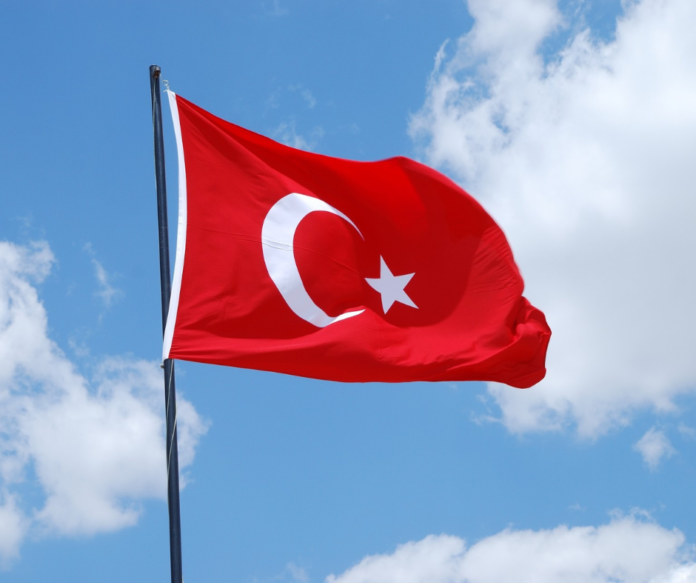The European Federation of Journalists (EFJ) welcomes the findings by the Journalists’ Union of Turkey (TGS), which points to the challenges media professionals in the country have to face due to a troubling landscape of political pressure, censorship, mobbing and inadequate working conditions. The study of the titled “Journalism in Turkey: Perception and Profile”, provides insights into the current state of the profession.
Political Pressure and Financial Struggles
Over 50 per cent of the surveyed journalists identified political pressure as the major obstacle hindering their journalistic practice. Financial sustainability, working conditions, and employer influence were also highlighted as significant challenges. Additionally, difficulties in professional organization and the diminishing societal reputation of journalism were reported as additional hurdles.
Censorship and Self-Censorship
The survey disclosed that 42.8 per cent of journalists had experienced censorship in various forms, including non-publication, alteration, or removal of news content. Notably, female journalists and those under the age of 35 encounter a higher incidence of censorship. Political motivations and employer relationships were identified as primary drivers of these acts of censorship. Furthermore, 25.3 per cent of journalists admitted to frequently or consistently practising self-censorship, while 36.9 per cent claimed they never engaged in self-censorship.
Career Uncertainty
Alarmingly, one in four journalists expressed contemplating a career change due to the challenges they face. This concerning finding reflects the disheartening state of the journalism profession in Turkey.
Obstacles in News-Gathering
Journalists revealed several obstacles encountered during the news-gathering process, including legal actions, restricted access to news sources, physical assaults, and seizure of digital materials. Female journalists faced a higher incidence of these obstacles compared to their male counterparts.
Mobbing in the Workplace
According to the survey, 36.2 per cent of journalists reported experiencing instances of workplace mobbing at least once during their careers. Female journalists, younger professionals, individuals with higher education degrees, and those working in metropolitan areas reported higher rates of workplace mobbing.
Work-Life Balance and Burnout
Striking a work-life balance and the ability to separate personal and professional lives emerged as significant challenges for journalists. Limited time for professional development and the prevalence of burnout syndrome were also identified as prominent concerns.
Low Wages and Financial Constraints
The study revealed that most journalists in Turkey receive low salaries, work more than 45 hours per week, and are not entitled to annual leave. Additionally, a concerning 59.1 per cent of journalists expressed their inability to allocate financial resources for personal growth, with this figure rising to 70.6 per cent among female journalists.
Kuleli: No democracy without quality journalism
Mustafa Kuleli, the vice chair of the EFJ said that even if political repression ends, good journalism cannot be practised in Turkey unless journalists work under better conditions:
“We have a problem that concerns all citizens: Without quality journalism, there can be no democracy, and without democracy, the country cannot thrive. In order to improve the quality of journalism, we must first improve the quality of life for journalists. This can be achieved through collective efforts with unions. Therefore, I call upon citizens to support journalism by paying for news, encourage journalists to come together, urge employers to abandon their anti-union stance, and call on the government to put an end to its pressure on the media.”







